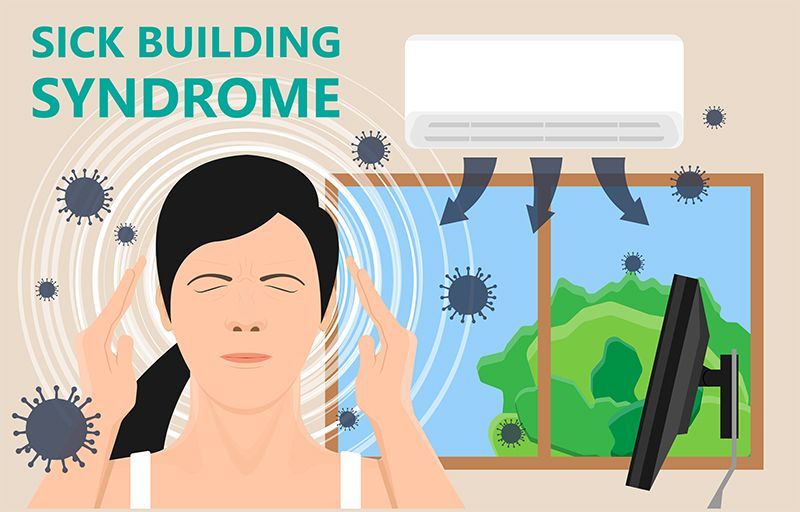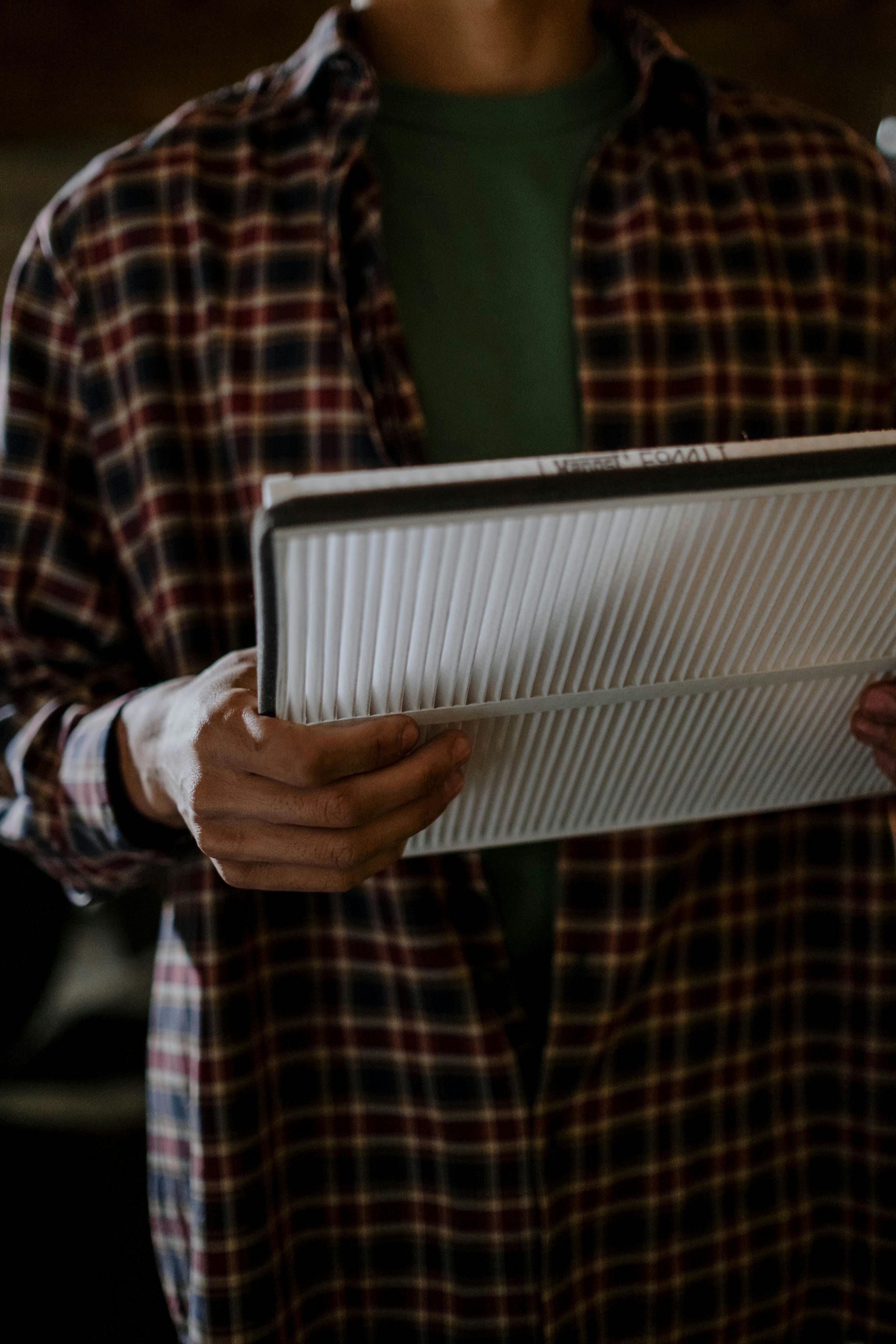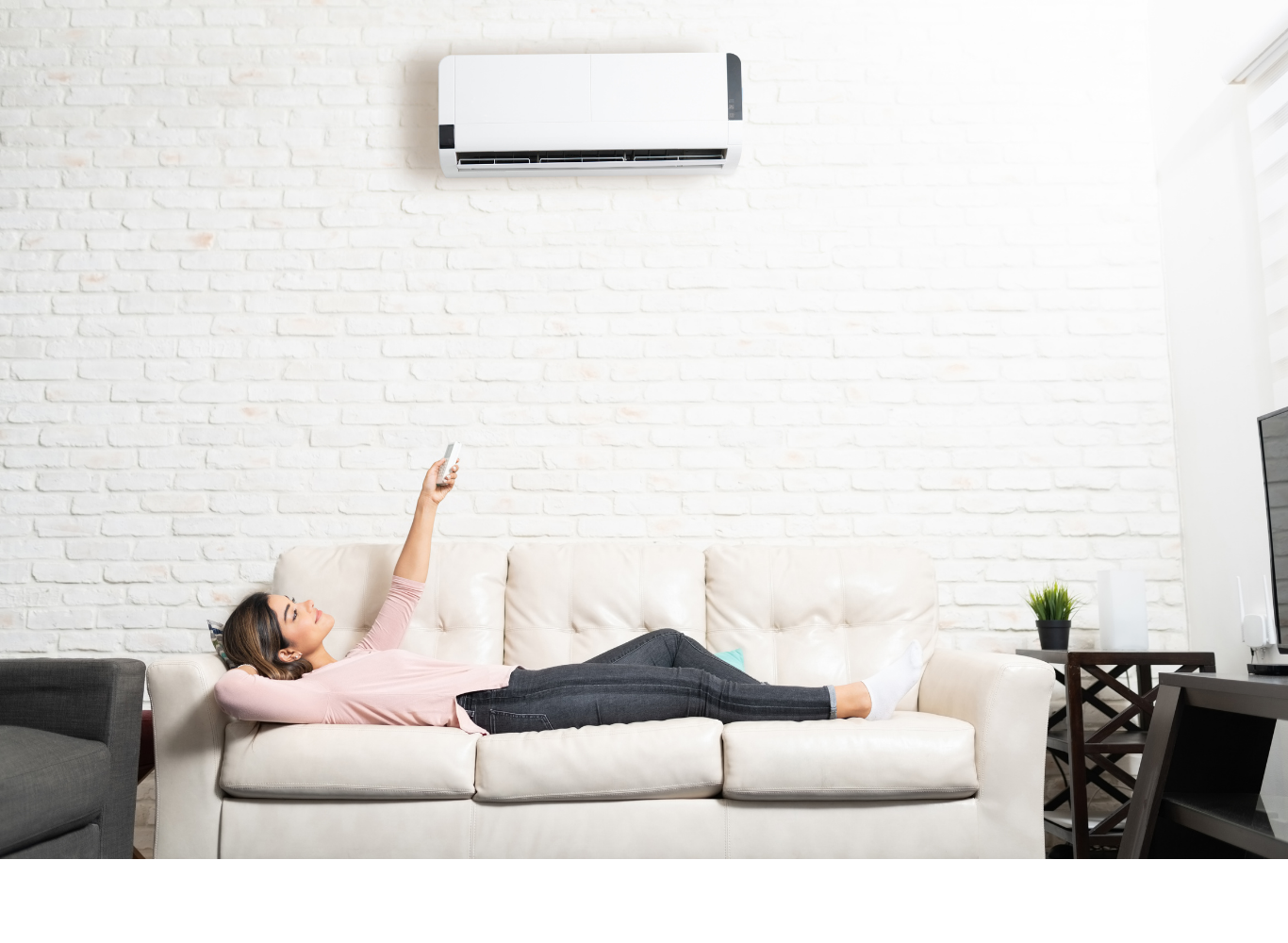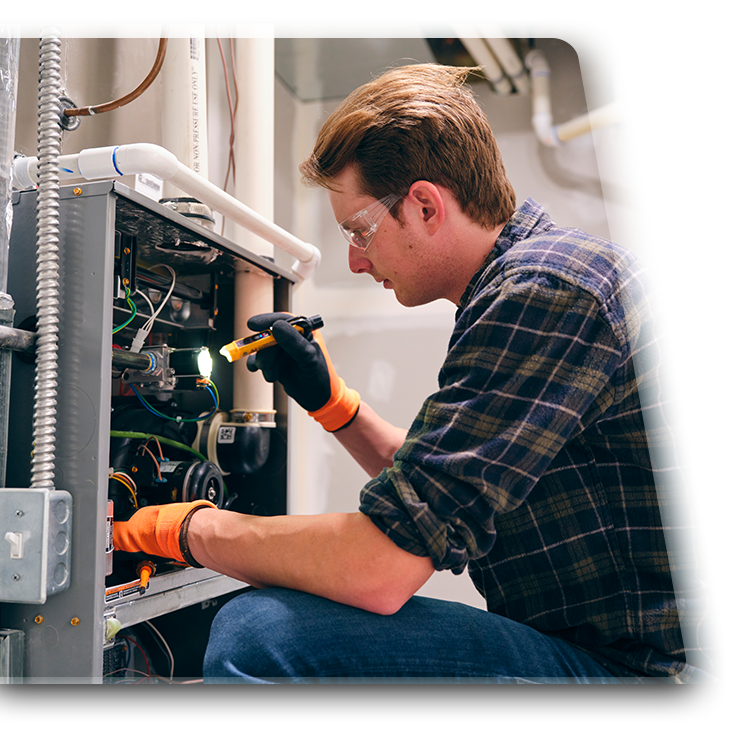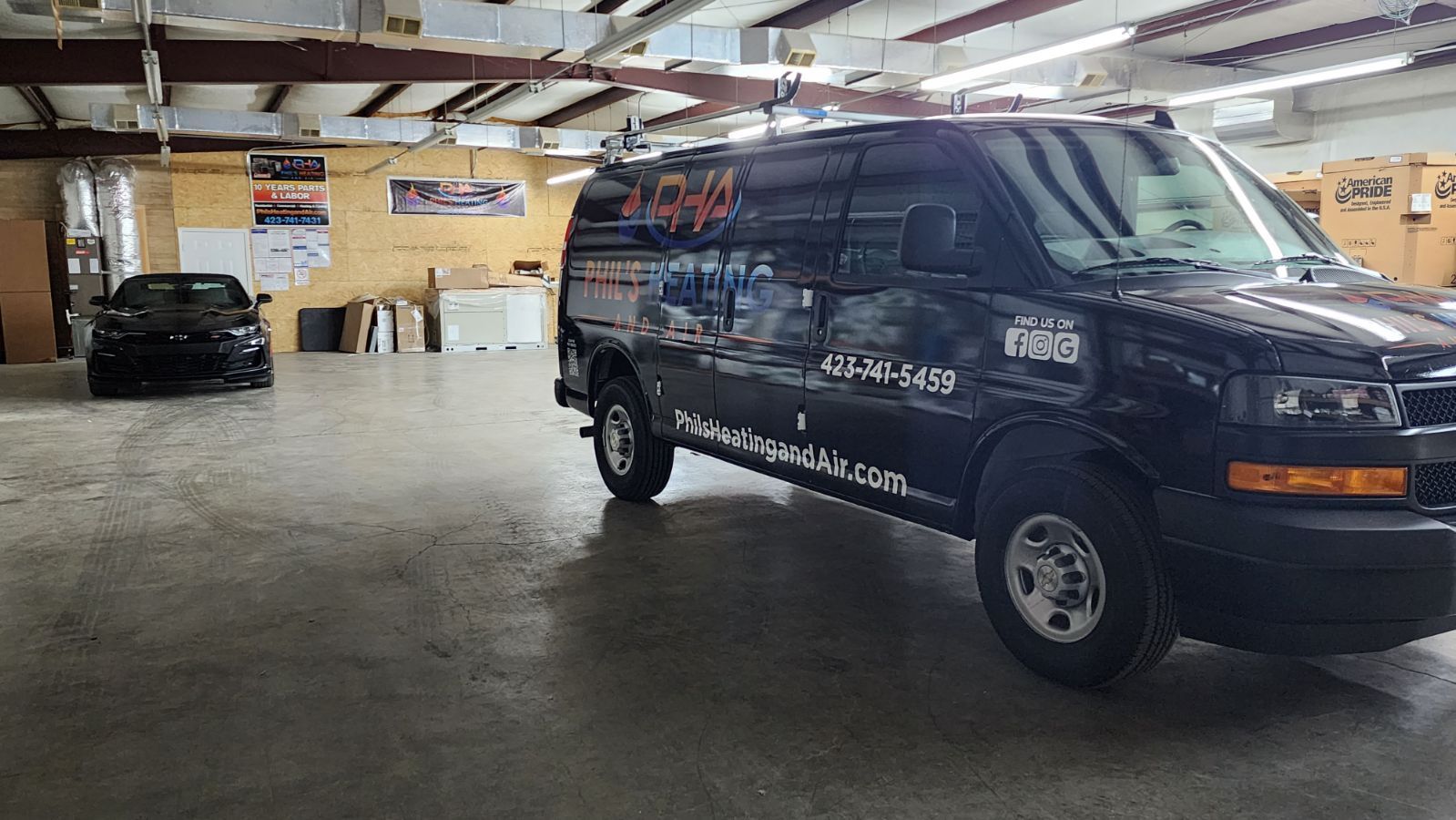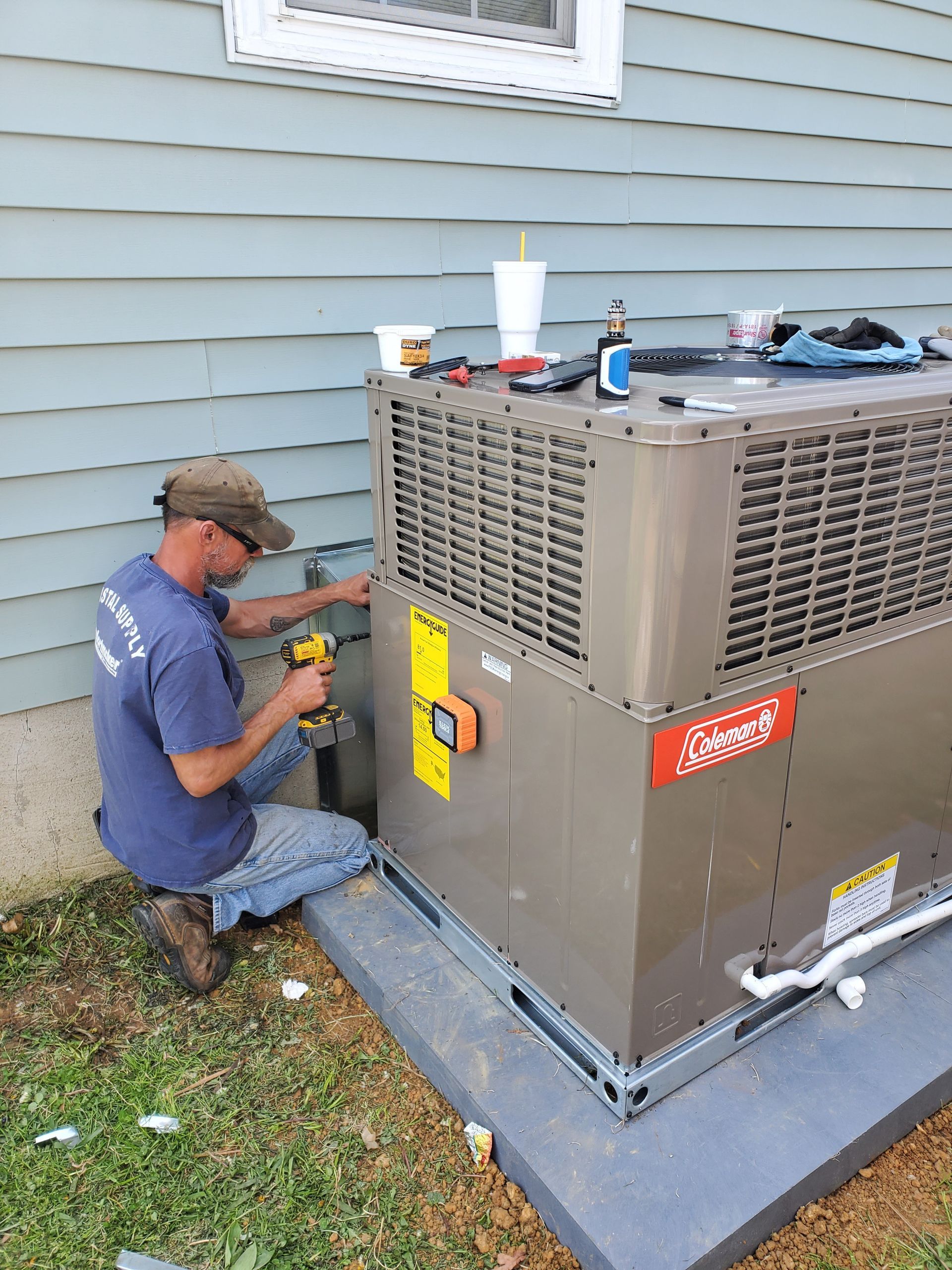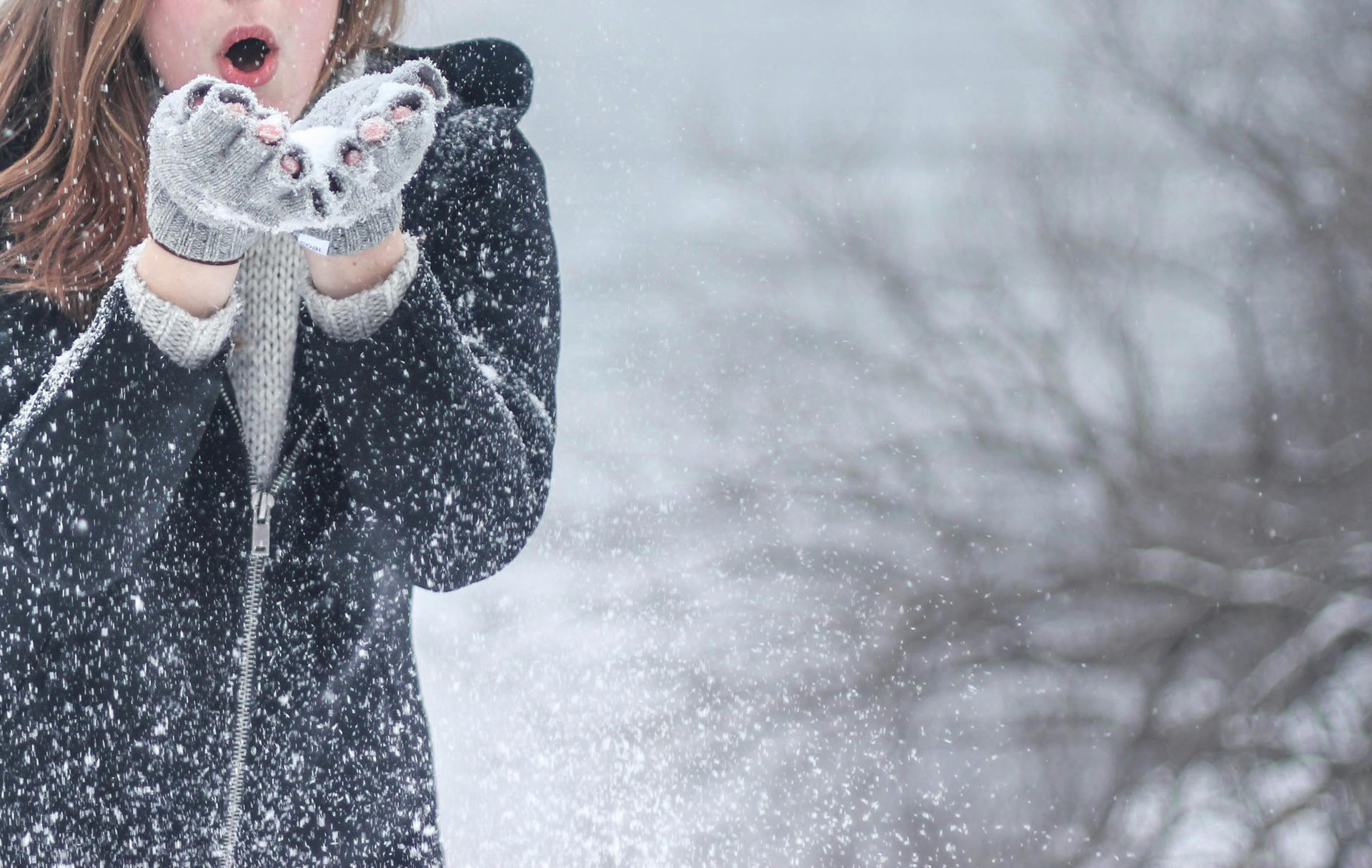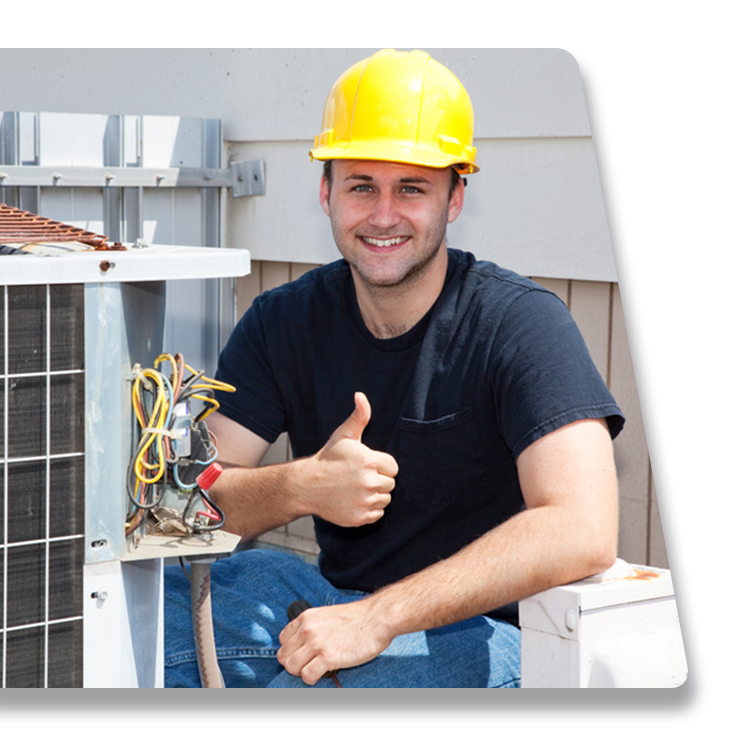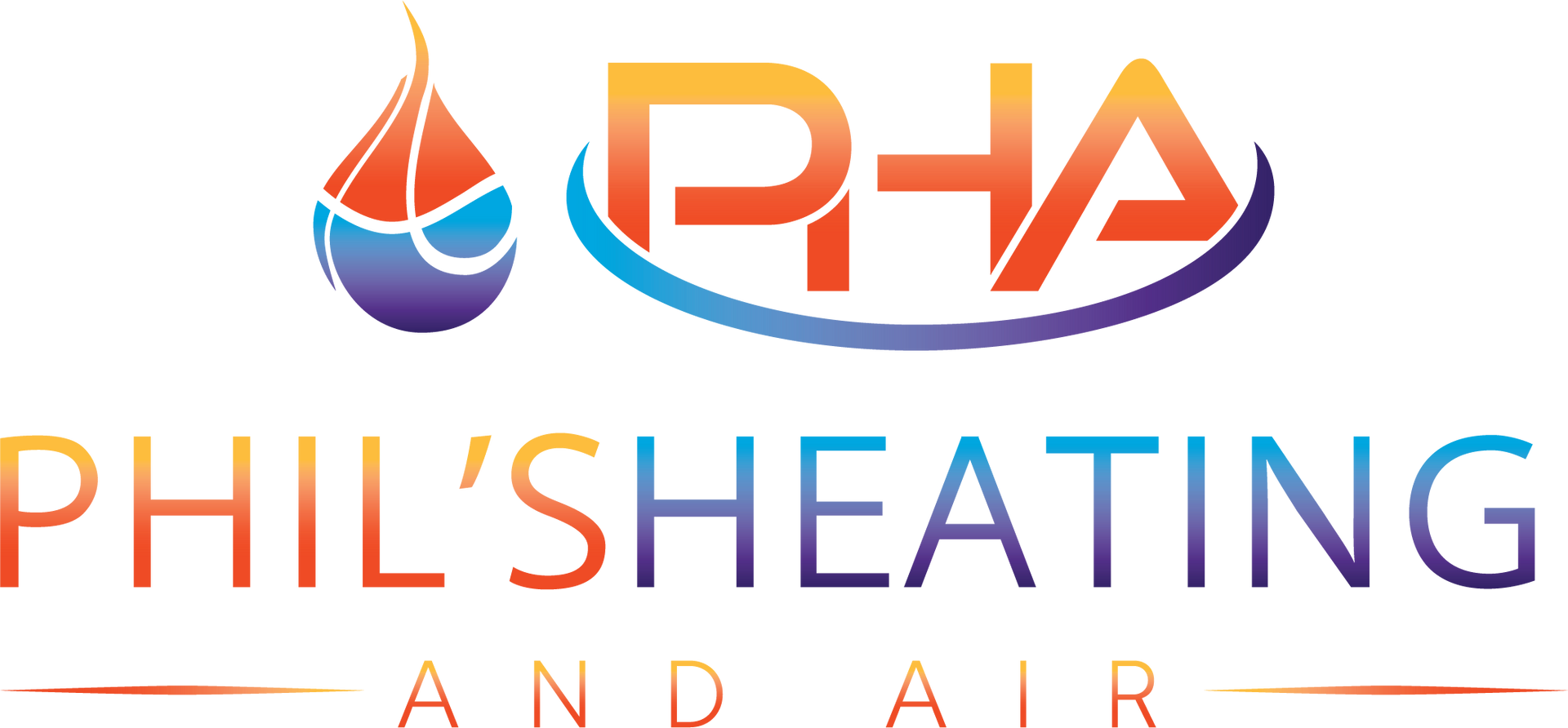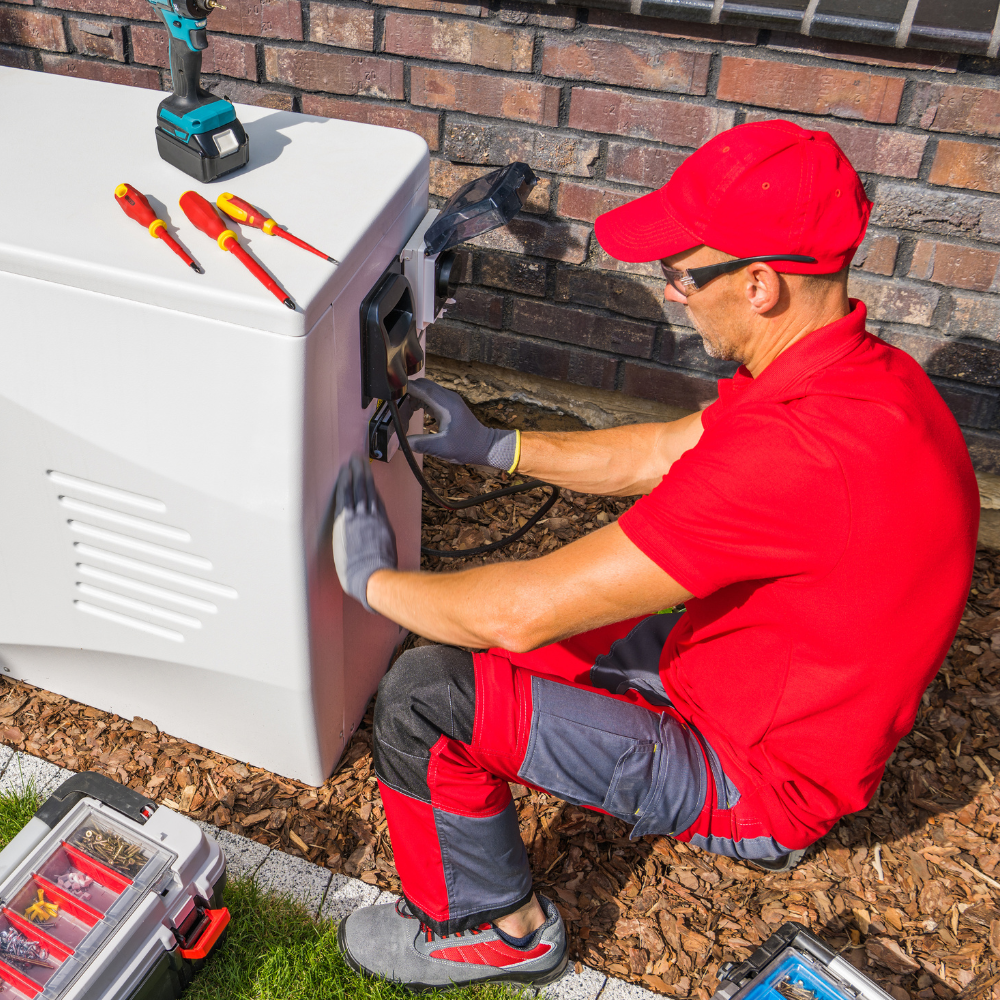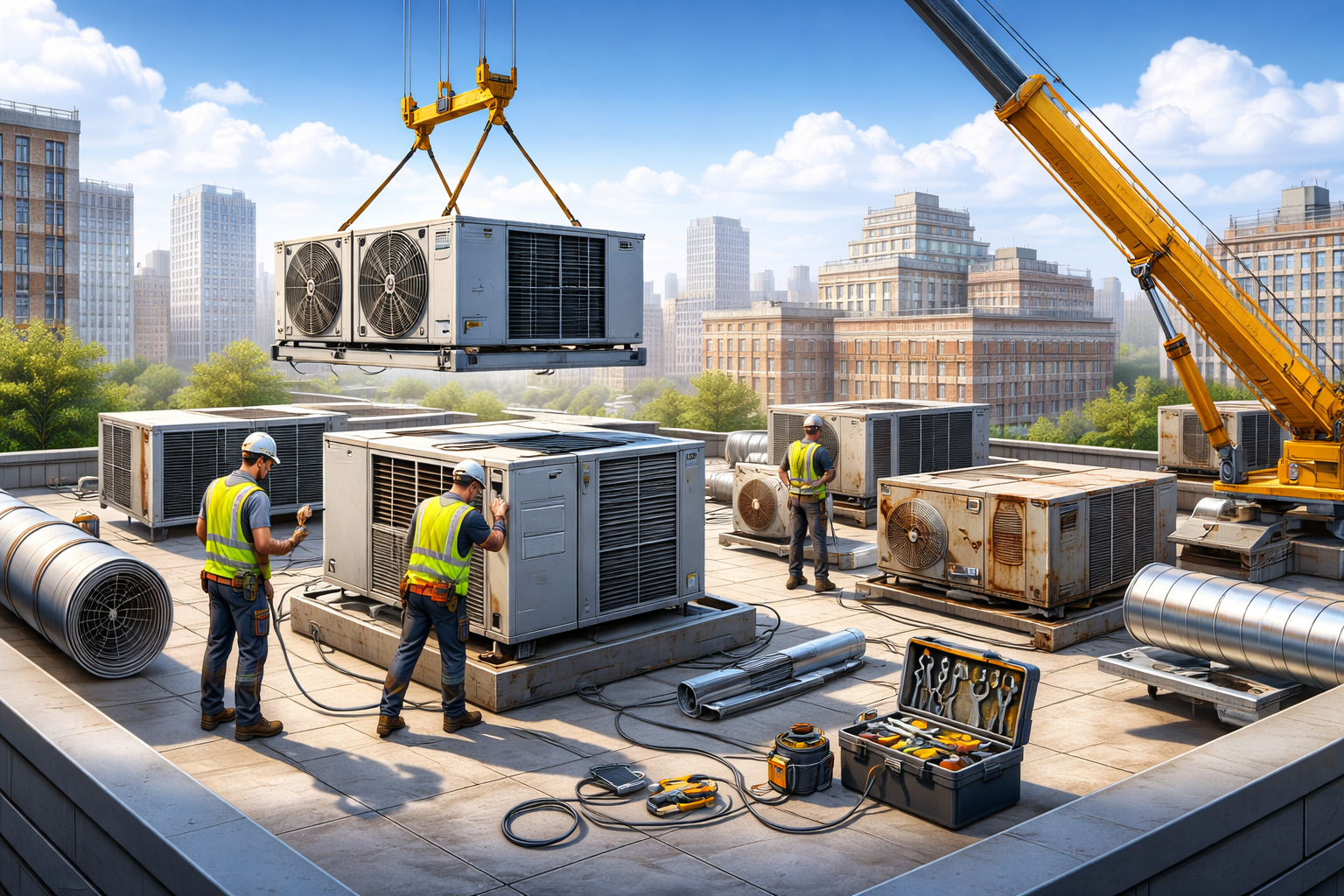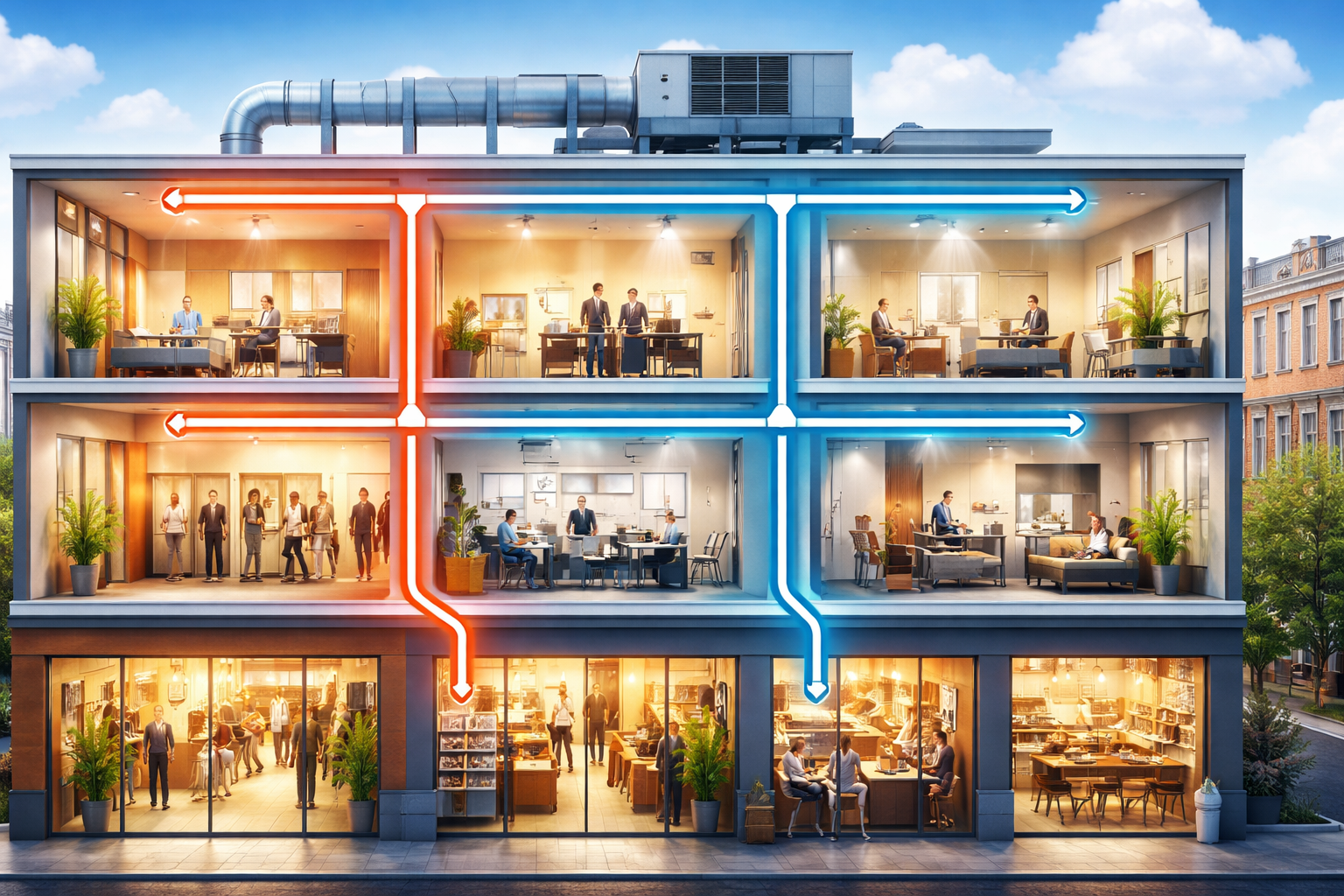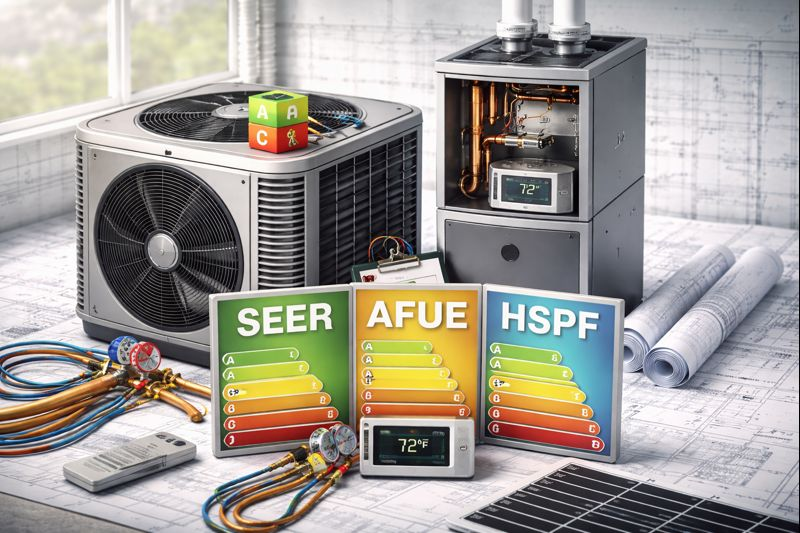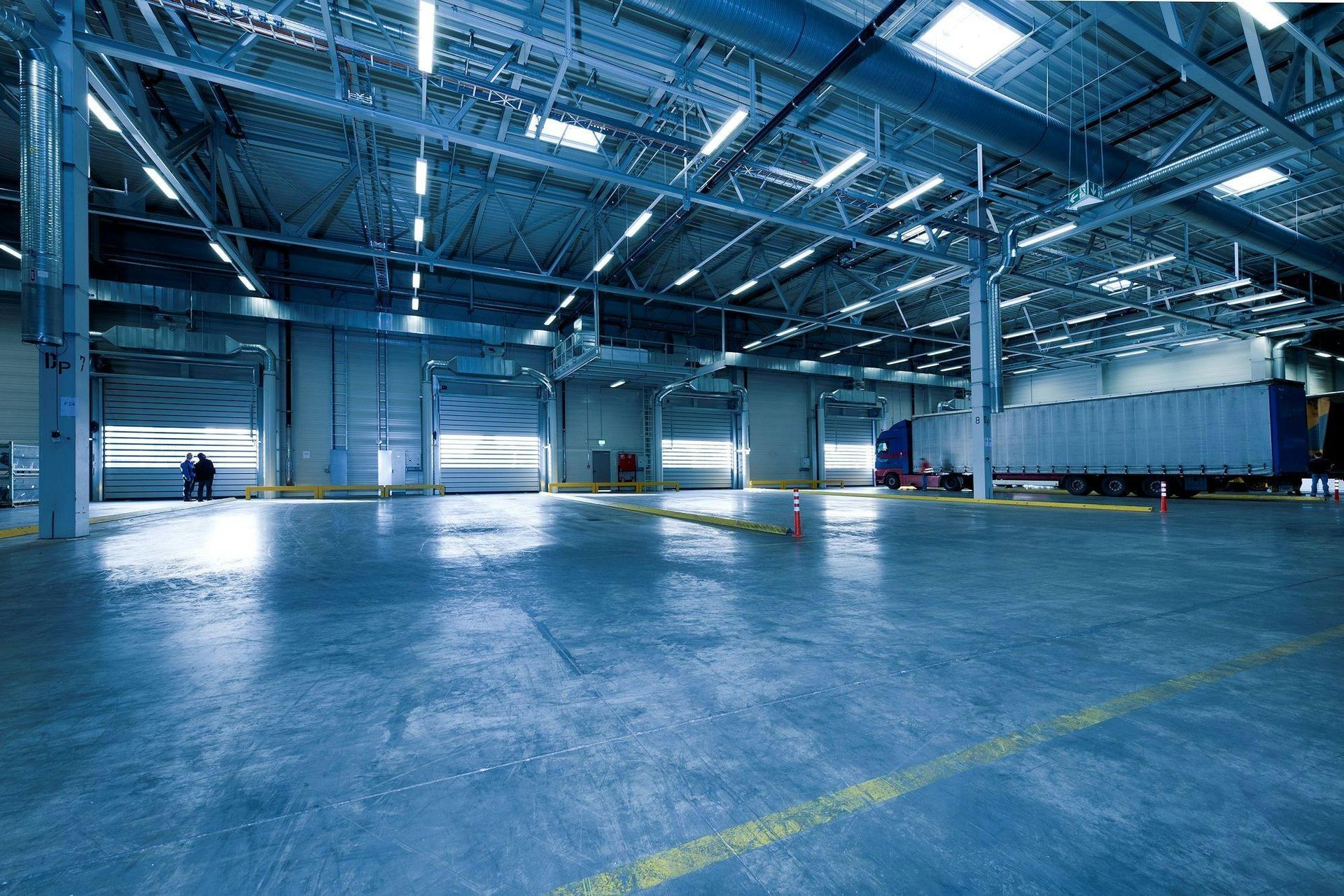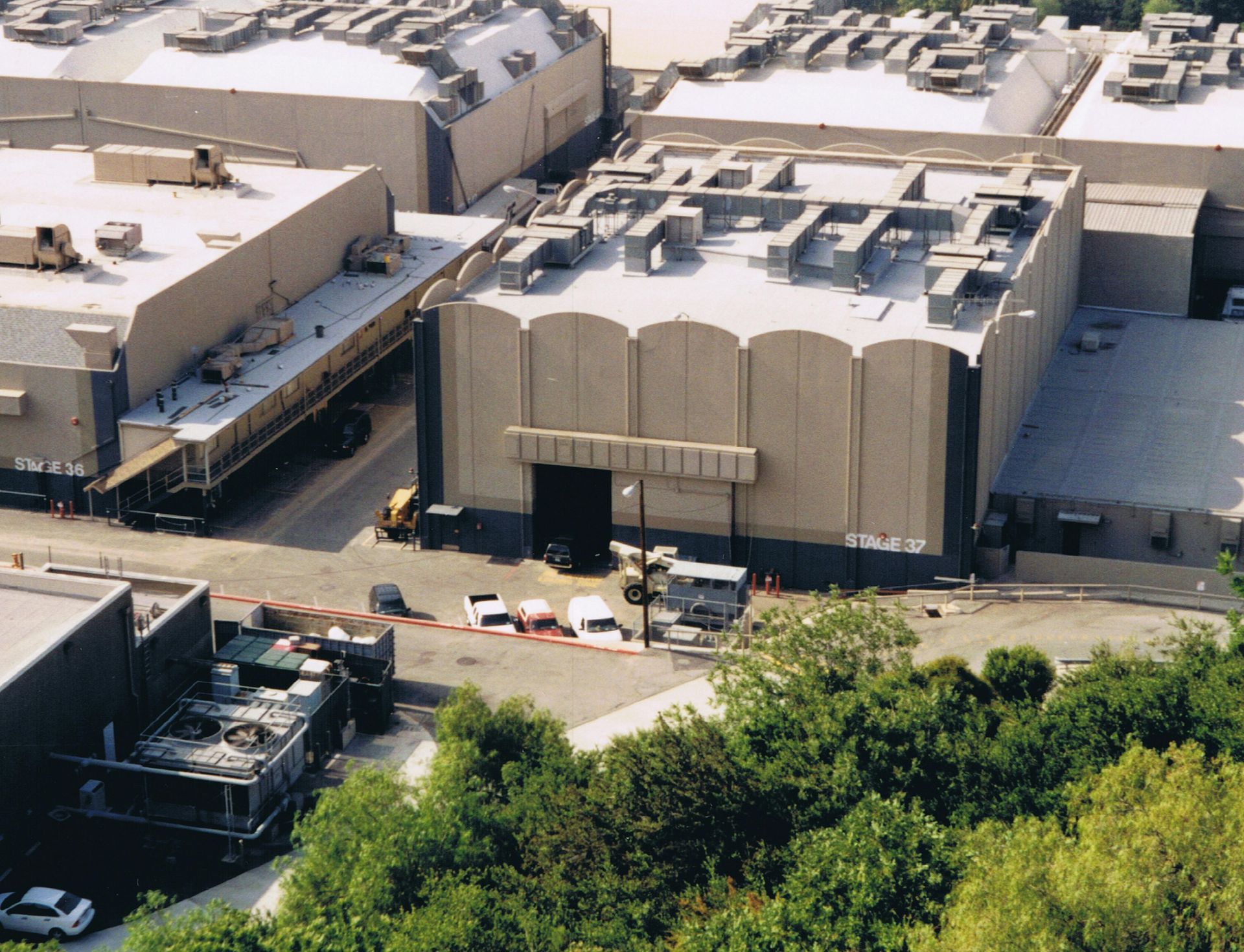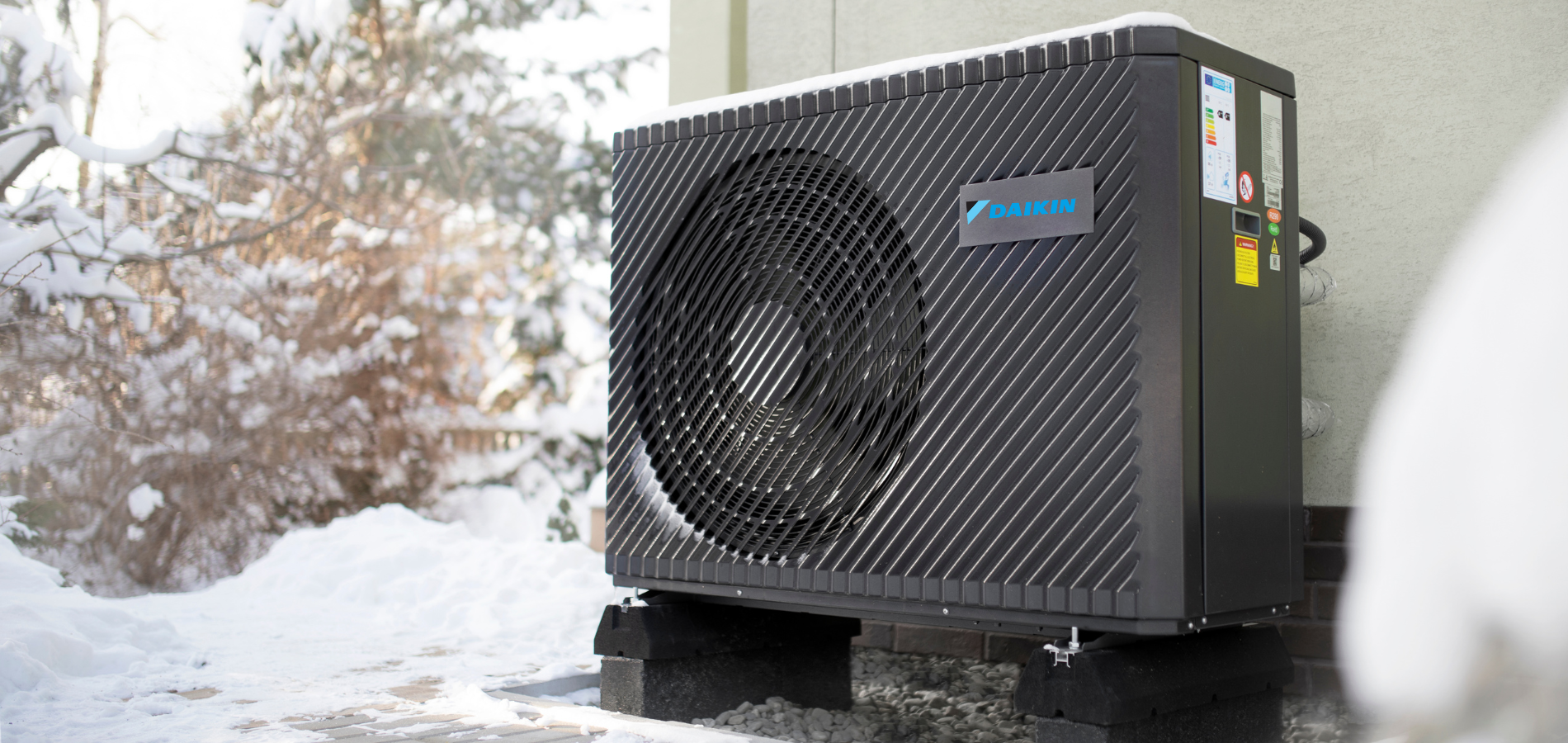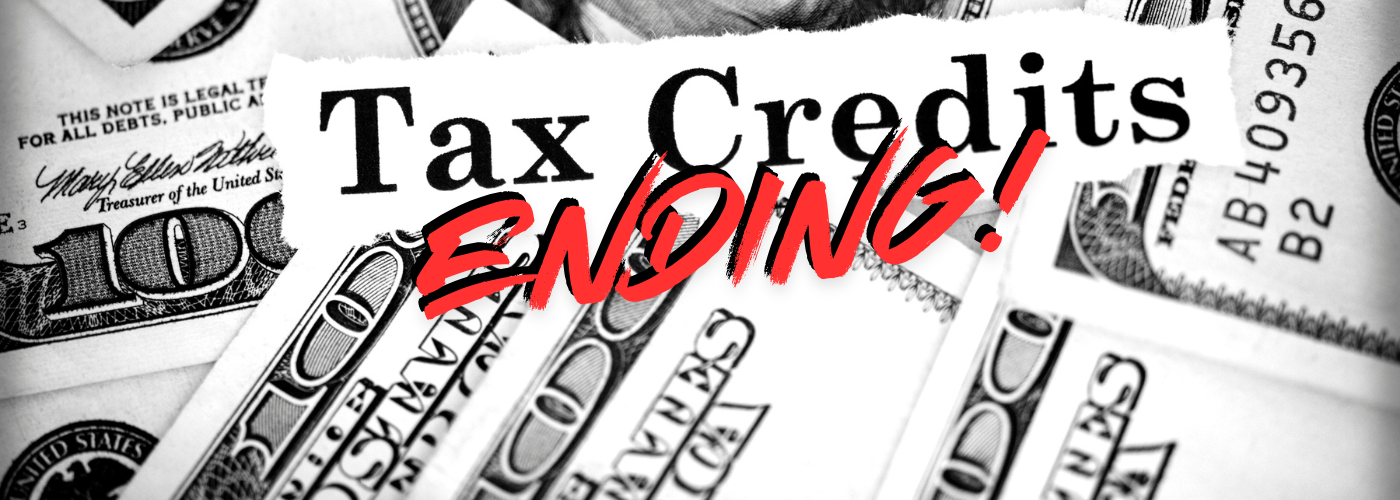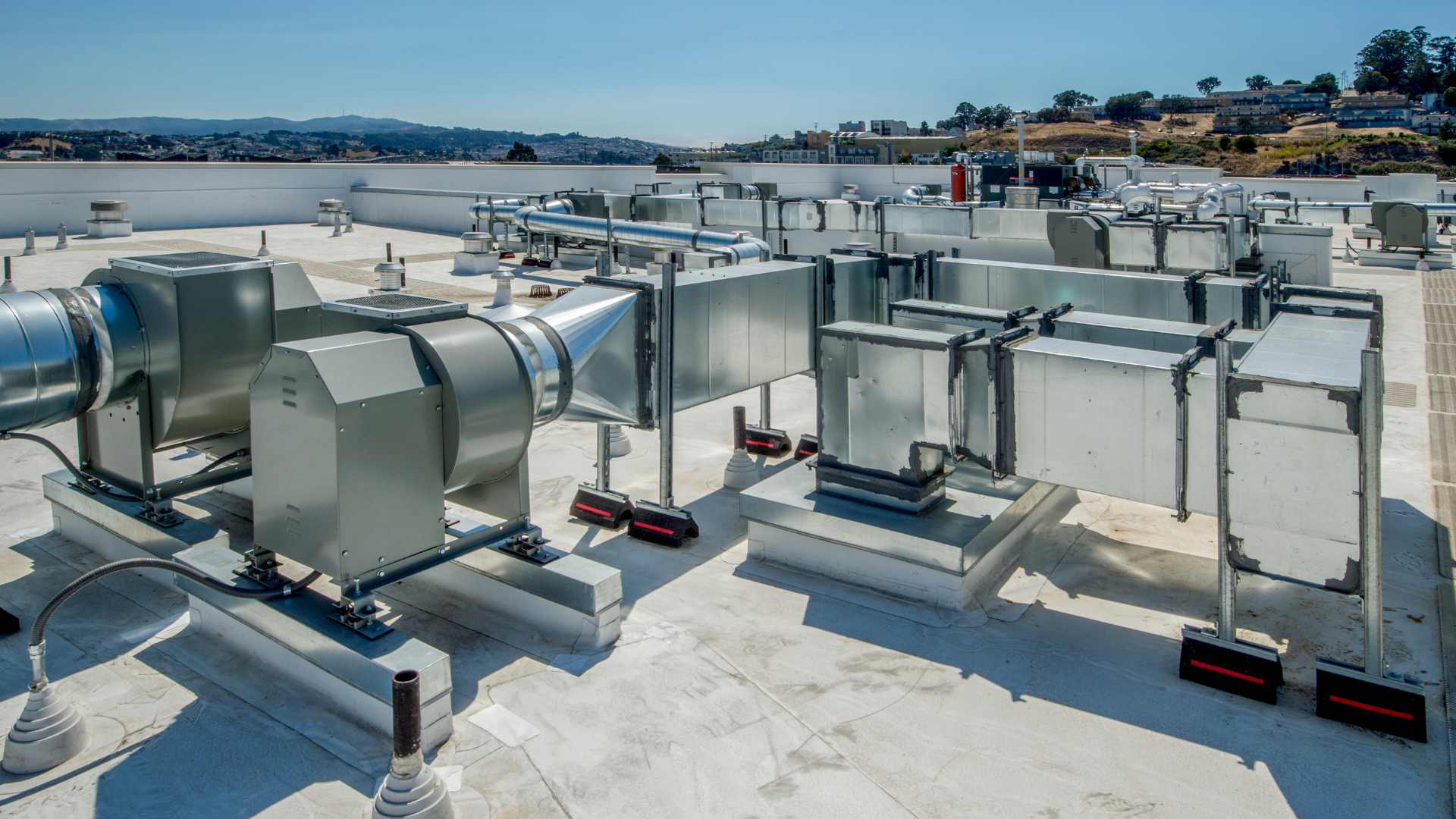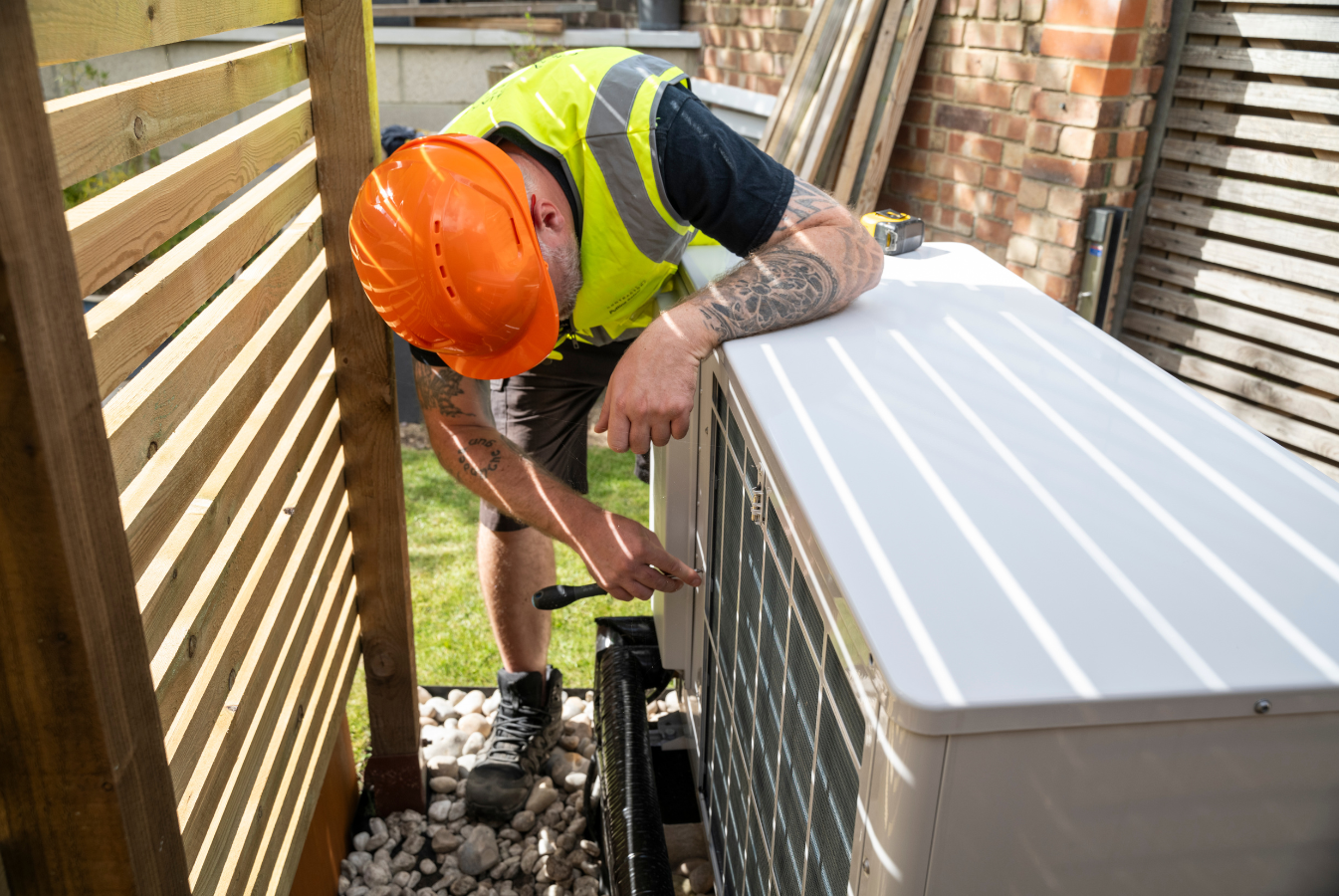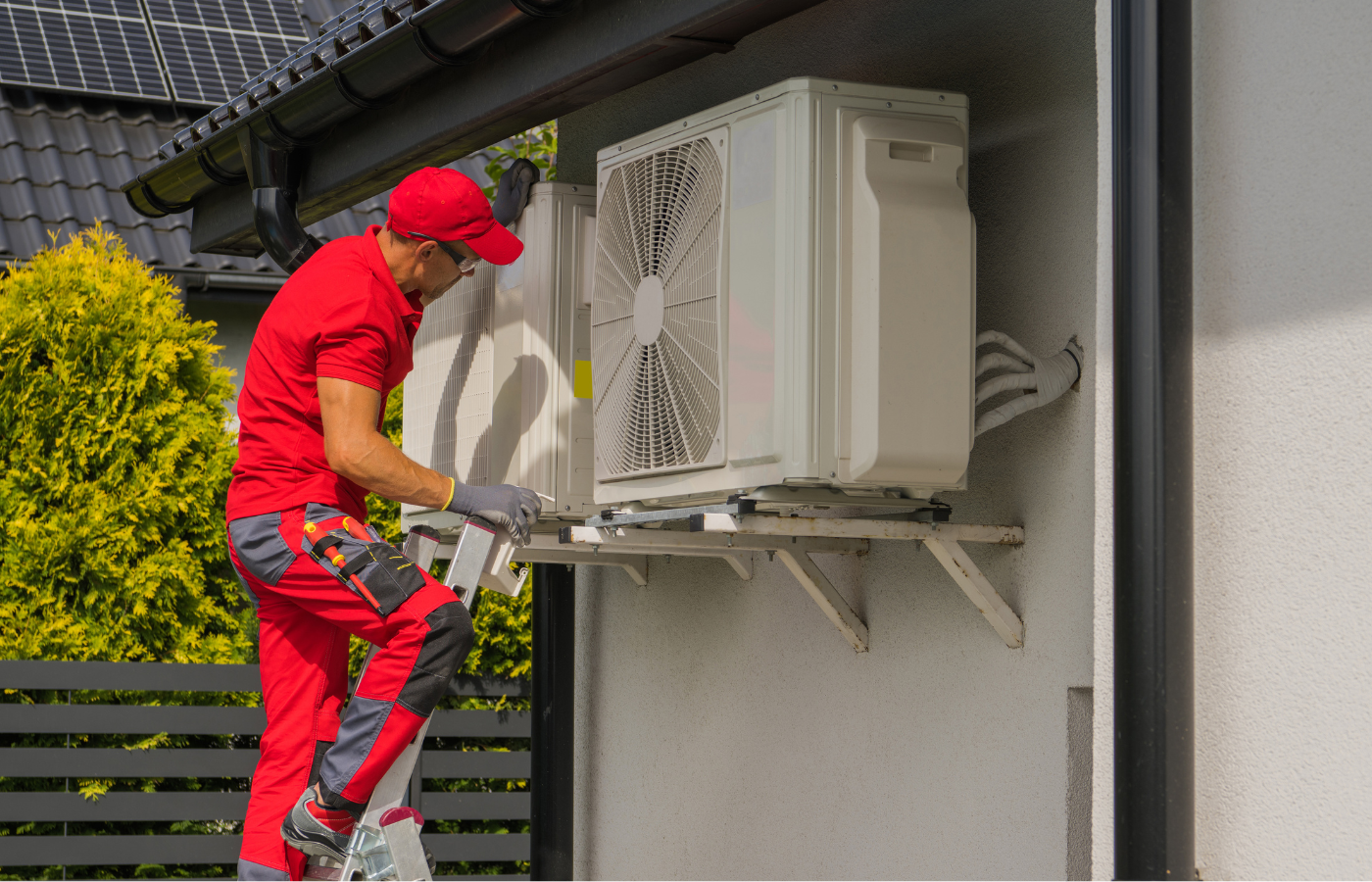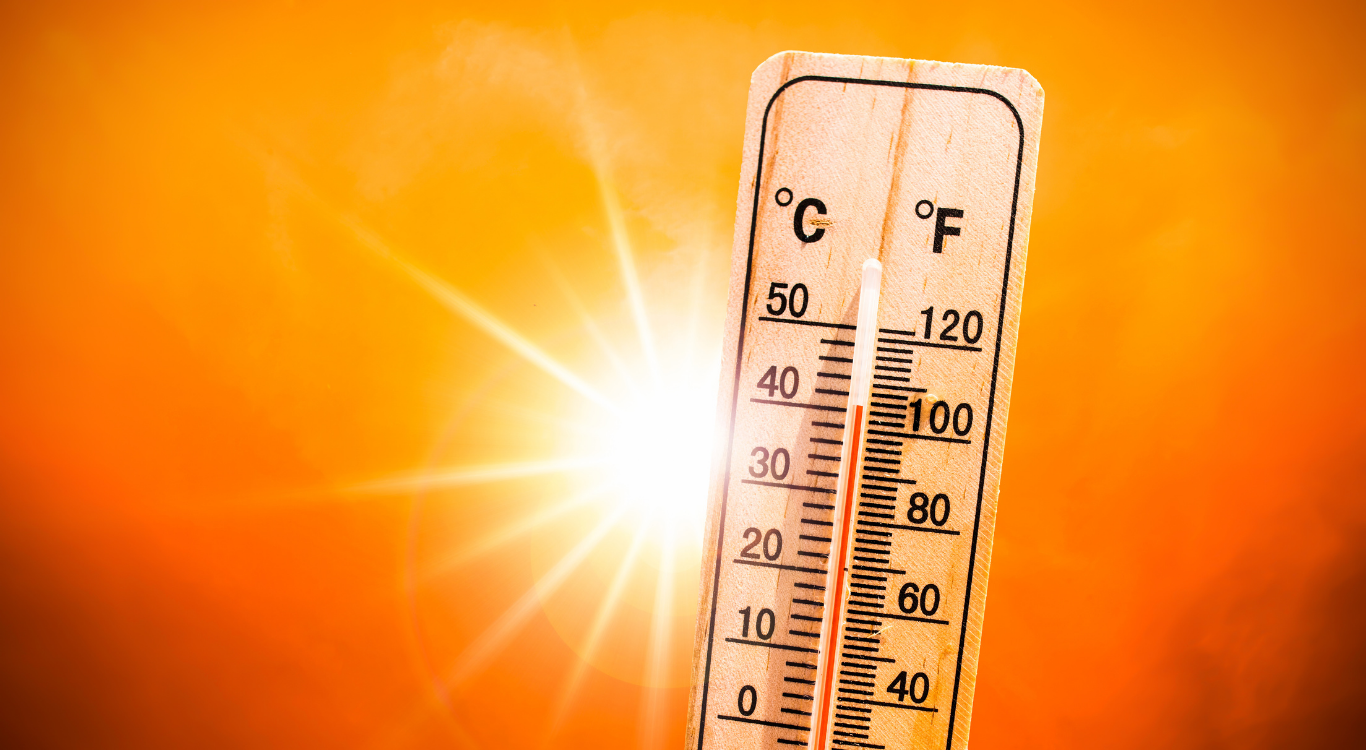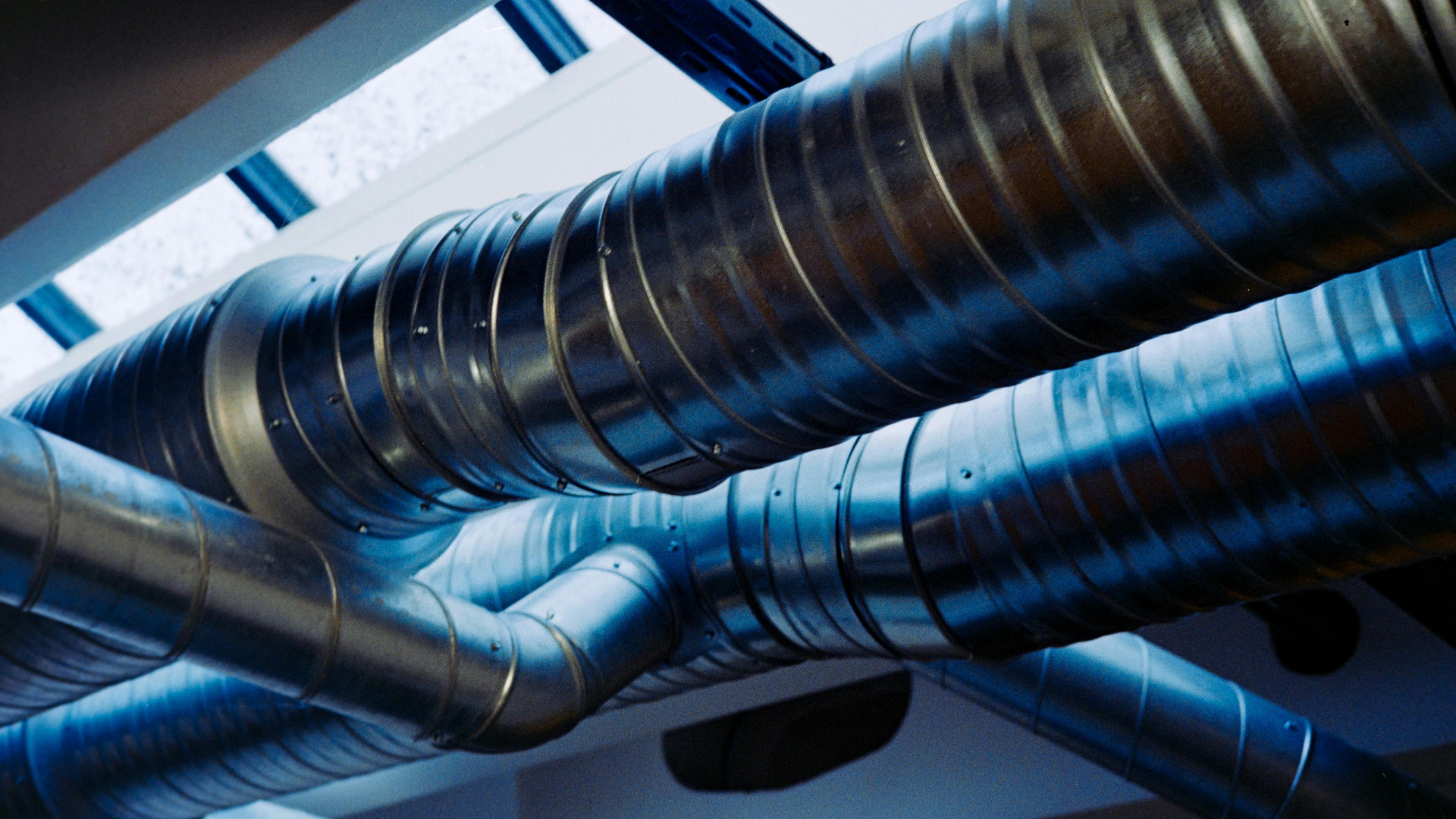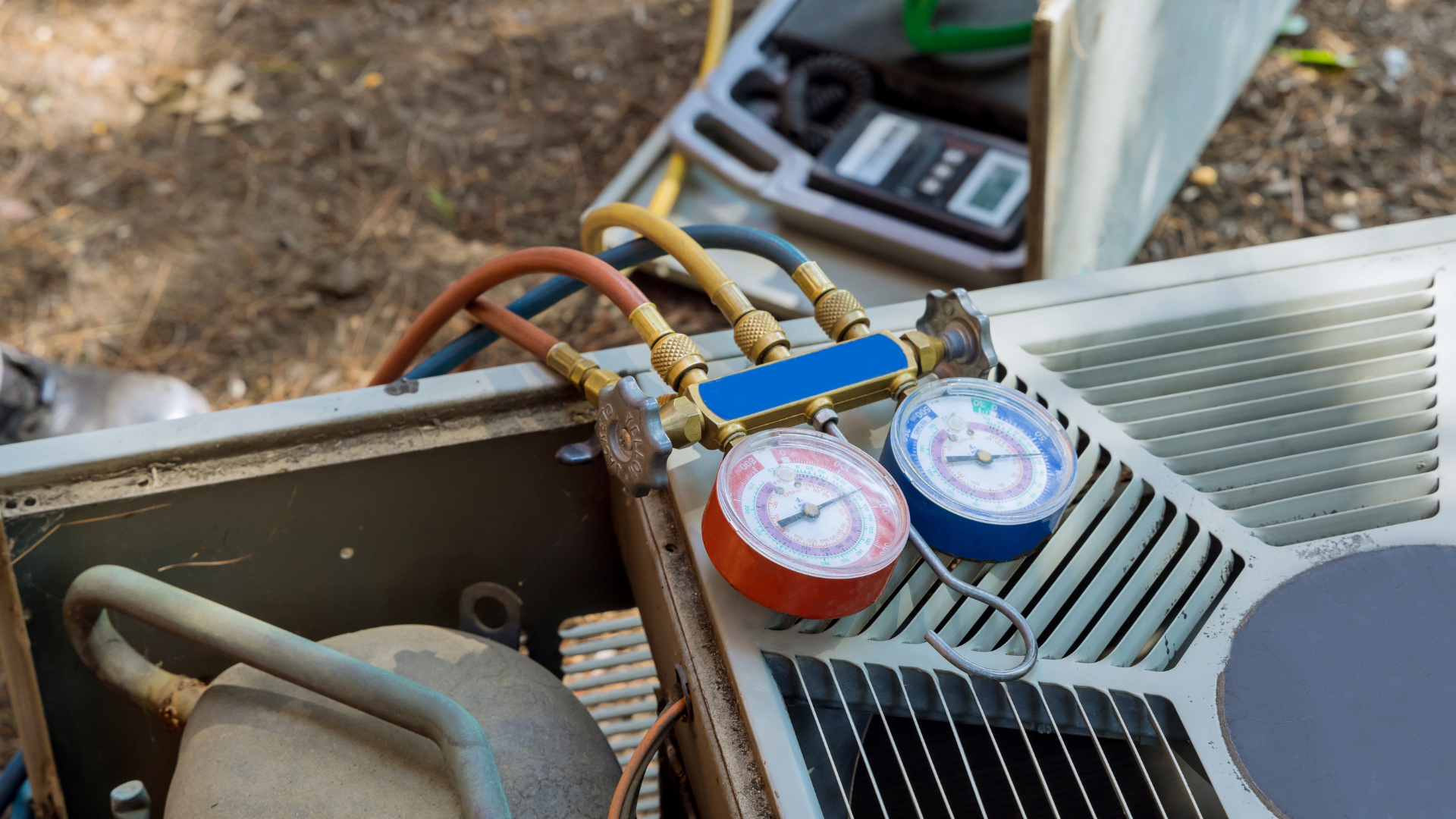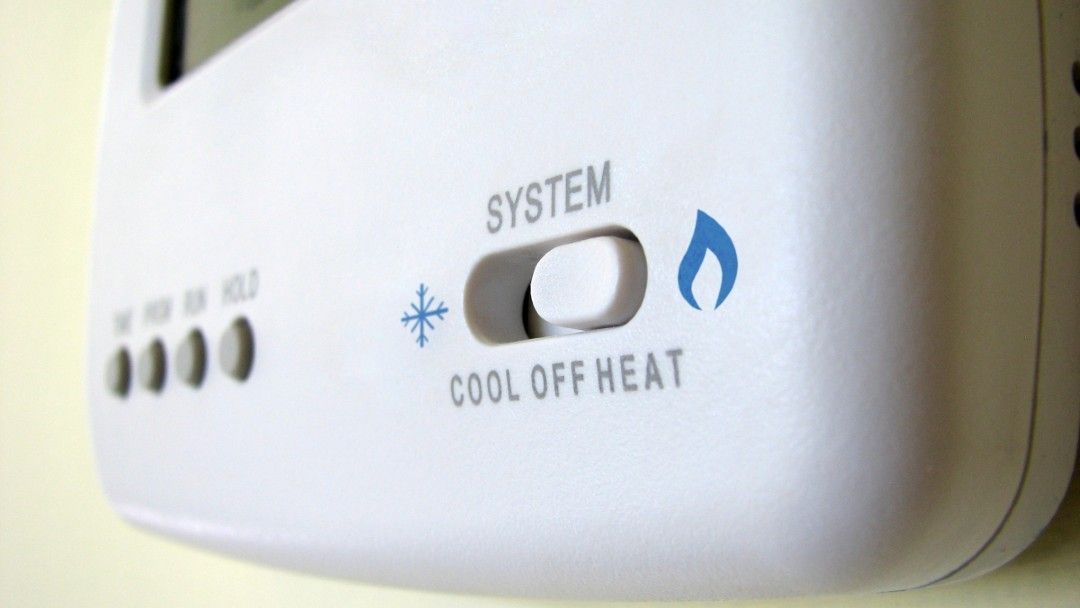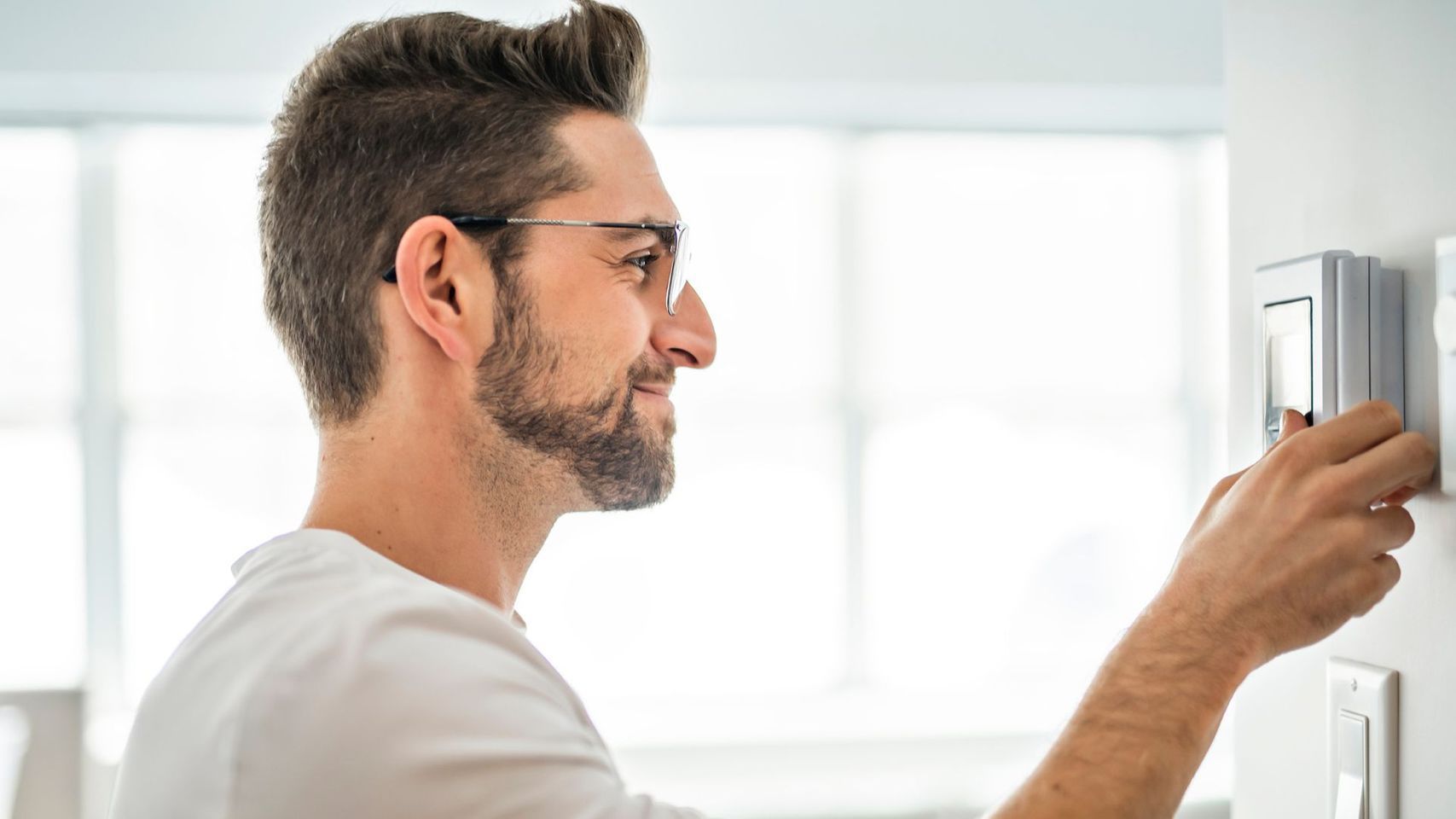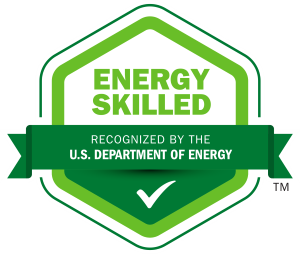BLOG ARTICLE
DIY vs. Pro: When to Call a Technician for HVAC Electrical Issues
WHEN TO CALL THE HVAC PROS
When your HVAC system suddenly stops working, it’s tempting to start troubleshooting yourself. While some basic fixes are safe for homeowners, electrical issues can be dangerous if handled incorrectly. Knowing the difference between a quick DIY check and a professional repair could save you time, money, and prevent a serious safety hazard. Don't get injured trying to fix your climate control issues! Read on to learn more about what's a safe fix to pursue on your own, and when it's time to enlist the help of expert technicians at Phil's Heating and Air.
Common Electrical Issues Homeowners Encounter
- Tripped Breakers
A tripped breaker is one of the most common reasons an HVAC unit shuts down. Resetting it is usually safe, but if the breaker trips repeatedly, it signals a deeper electrical problem. According to the Electrical Safety Foundation International (ESFI), more than 51,000 home electrical fires occur each year in the U.S., many caused by overloaded circuits—something you don’t want to risk with your HVAC system. - Loose or Corroded Wiring
Exposed or deteriorated wires can reduce system efficiency and increase the chance of fire. This isn’t a safe DIY fix. Only a licensed HVAC technician should handle wiring repairs. - Faulty Thermostat Wiring
Sometimes, the issue isn’t with your HVAC system at all but with the thermostat wiring. While checking batteries or ensuring wires are snug might be okay for homeowners, anything beyond that should be left to a pro. - Capacitor Failure
HVAC capacitors help start the motors in your system. If they fail, your system won’t turn on—or may make a humming noise without running. Replacing a capacitor requires electrical knowledge and can be dangerous if mishandled, since capacitors can hold a charge even when the power is off.
What You Can Safely Do Yourself
- Check and Replace Thermostat Batteries
- Reset a Tripped Breaker (once)
- Inspect and Replace Air Filters (clogged filters can cause the system to overheat and trip breakers)
- Visually Inspect the Outdoor Unit for debris or blockages
When to Call the Pros
If you experience any of the following, it’s time to call an expert:
- Repeatedly tripping breakers
- Burning smells or smoke near the unit
- Exposed or melted wires
- Humming, buzzing, or sparking sounds
- System not turning on despite DIY checks
- Complex HVAC issues that you're not able to troubleshoot
- If there are any questions about safety whatsoever... DO NOT RISK IT!
According to the U.S. Department of Energy, HVAC systems account for about 50% of household energy use. Poorly functioning systems not only cost more to run but also shorten equipment lifespan. Getting timely professional service protects both your investment and your safety. Don't take a chance if you're unsure. It costs very little to have our technicians come out and identify the problem. Even better, we'll help you pay for your repair or installation using incredible
TVA Rebates and
Financing Options.
Trust Phil’s Heating & Air for Safe, Reliable Repairs
Electrical issues aren’t something to take lightly. At Phil’s Heating & Air, our licensed technicians have the tools, training, and experience to quickly diagnose and safely repair your HVAC electrical problems. Whether it’s faulty wiring, a capacitor replacement, or a system upgrade, we ensure your home stays safe and comfortable year-round.
👉 Call Phil’s Heating & Air for expert HVAC service you can trust.
(423) 741-5459
SHARE THIS BLOG POST
MORE HVAC TIPS & TRICKS
Related BLOG Articles

